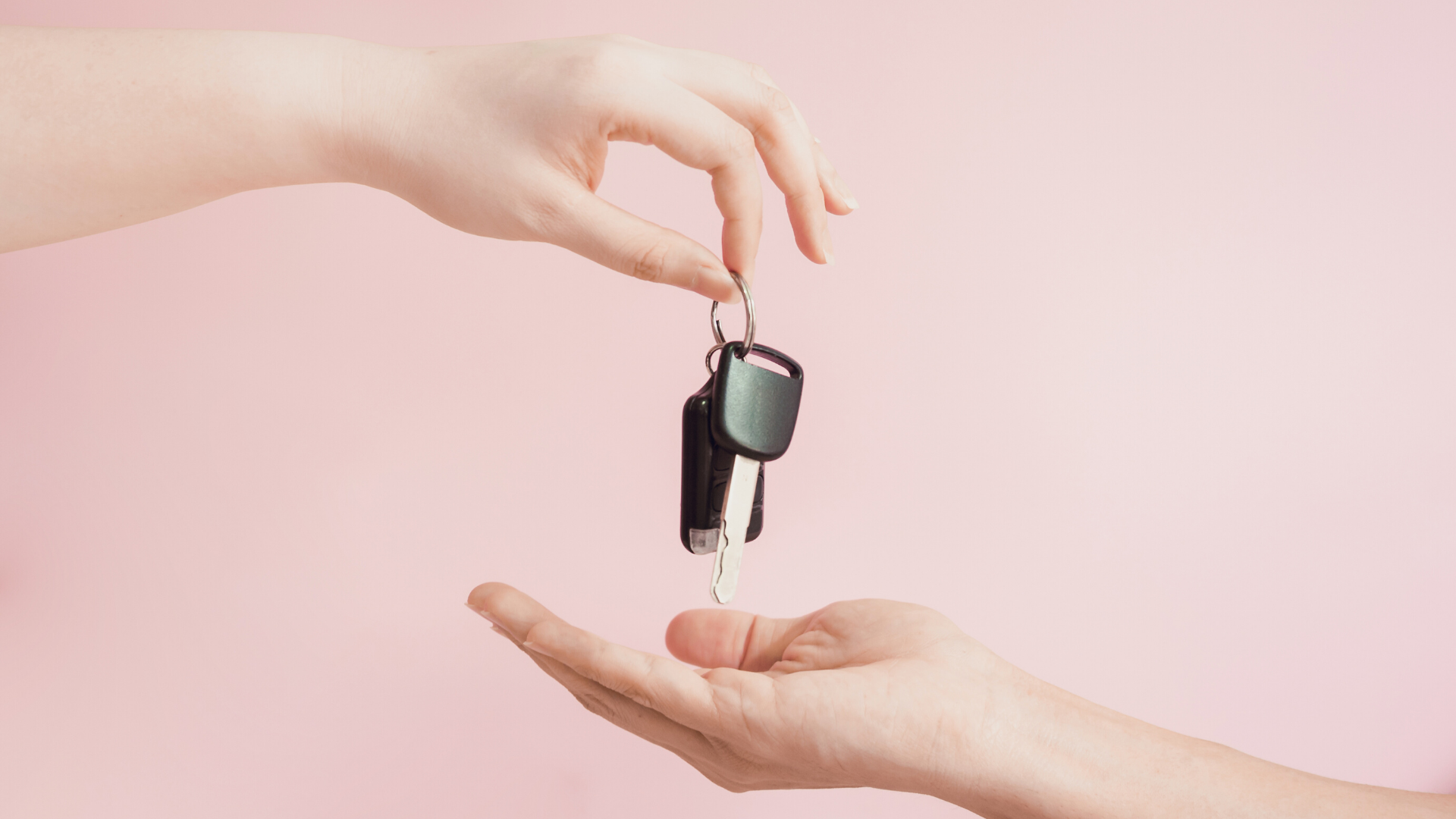The Sobering Facts of Impaired Driving
There are some accidents and tragedies that cannot be avoided, whether due to genetic makeup or unfortunate timing. Although car accidents can fall under the “unfortunate timing” category, an accident resulting from impaired driving is not one of them. Every day in America, 30 people die as a result of drunk driving crashes. That’s one person every 48 minutes. Between Christmas and New Year’s, an average of 300 people die per year.
While it is not a crime to celebrate with a few drinks, you are taking a completely unnecessary risk if you drive while impaired. Here are some reminders on the truth and falsities of alcohol impairment.
Blood Alcohol Content
FACT: BAC stands for blood alcohol concentration or the percent of alcohol in a person's blood. Most states currently have a legal threshold of 0.08%. Meaning there are 8 parts alcohol for every 10000 parts blood (or if 0.1% is used as the standard, 1 part alcohol per 1000 parts blood).
Eating While Drinking
THE MYTH: Eating after consuming alcohol will not affect an individual’s BAC. By this point, alcohol has already been absorbed. Eating before drinking will slow some of the absorption of alcohol but does not prevent it, meaning a person will eventually absorb the same amount of alcohol whether drinking on an empty or full stomach.
Feeling the Effects
FACT: Alcohol is started to absorb almost immediately, small amounts are absorbed in the mouth with more significant absorption occurring in the stomach and small intestine. Alcohol is fully absorbed within 30 minutes to 2 hours. Once alcohol is absorbed it can begin affecting the central nervous system almost immediately.
Sleeping It Off
THE MYTH: Sleeping does not impact BAC. Removal of alcohol from our bloodstream relies on a degradation process that predominately occurs in the liver. Sleeping will not speed or slow this process.
Affecting the Body
FACT: Alcohol is a central nervous system depressant. It slows the body’s reaction time, worsens vision, impairs motor coordination and may cause drowsiness. In addition, judgment is impaired, making a person less risk-averse or more likely to take chances while driving that an individual otherwise would not (e.g. speeding, running red lights, aggressive driving, etc.).
After the celebrating and toasting, take a vow to be as safe as you can by choosing to never drive under the influence. No matter how you “feel,” it is never worth the risk of ruining or ending your life or the lives of others.




